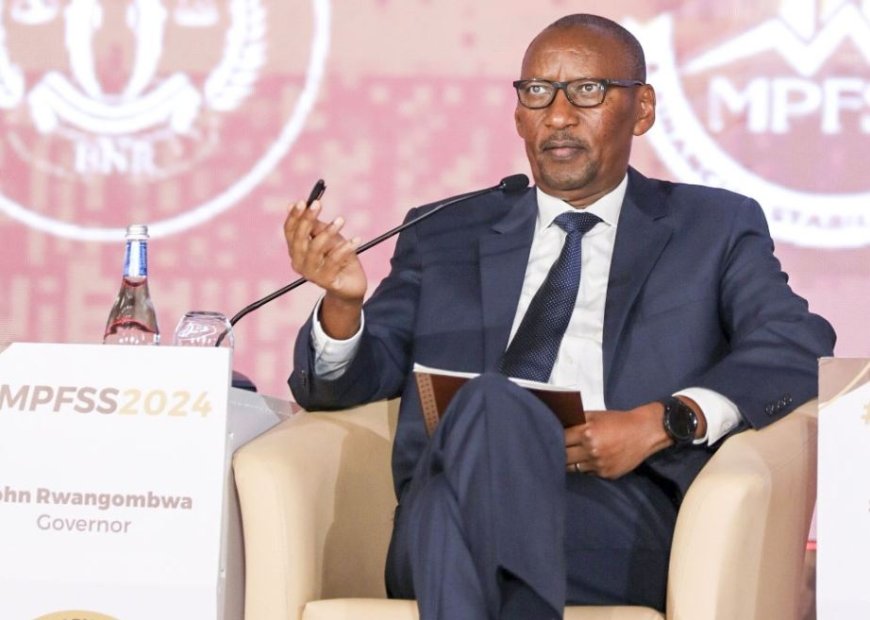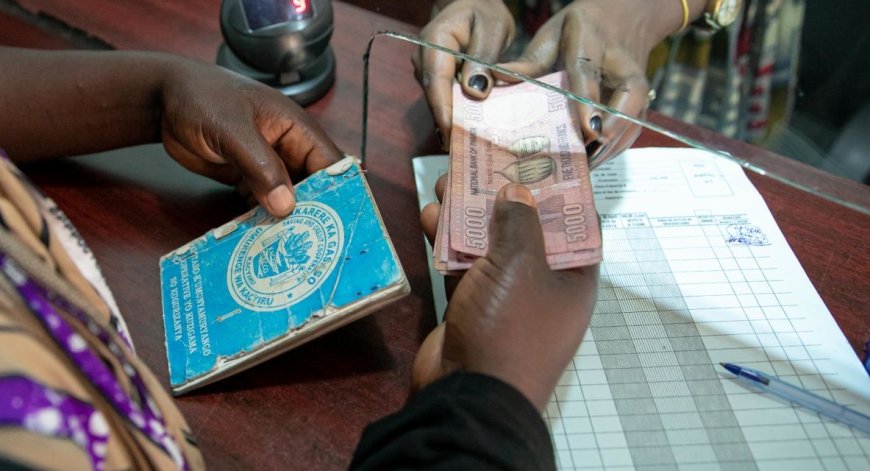The Umurenge SACCOs are expected to be fully automated by June
All 416 Umurenge Savings and Credit Cooperatives (SACCOs) in Rwanda will be fully automated by June, according to the National Bank of Rwanda's governor, John Rwangombwa. The automation process began in January 2020 to address losses caused by the manual system, including increased fraud and embezzlement of members' funds.

During a presentation of the Monetary Policy and Financial Stability Statement on March 21, Rwangombwa announced that the automation process is progressing as planned. This automation will help address existing challenges and improve the efficiency of SACCOs' operations, particularly in rural areas.
SACCO clients can use digital channels for transactions like linking their accounts to payment systems and withdrawing money from their accounts to wallets and vice versa.
"They'll have better account visibility and can transact online without traveling long distances or being limited by working hours. It'll aid regulators, auditors, and transaction overseers, “Rwangombwa added.
Pitchette Kampeta Sayinzoga, CEO of Rwanda Development Bank (BRD), stated that the automation of U-SACCOs is long-awaited and offers an opportunity to enhance women’s access to finance through a credit scoring model.
A credit scoring model based on credit management and payment behavior trends can lower interest rates for women. The SACCOs need an automated system for proper credit scoring, and the product based on automated credit scoring will launch in early 2025.
their sustainability. Additionally, it will bring together resources that can be easily deployed to rural development.

Umurenge SACCOs consolidation project started in 2020 with a budget of over Rwf7.8 billion. It aims to create a cooperative bank that will give more strength to financial institutions at the district level and ensure sustainability. According to Rwangombwa, this move will help to assure business sustainability and development in rural areas.
The plan is to consolidate SACCOs from the sector to the district level for better management of mismanagement issues and to hire skilled staff and leaders. The governor acknowledged the role of SACCOs in improving the livelihoods of people in rural areas.
However, as these organizations continue to grow, many current leaders are illiterate about the necessary finances and ethics to manage them effectively. To address these issues, the Ministry of Finance has allocated more than Rwf2 billion to complete the automation scheme in the fiscal year 2023/24.
 Kinyarwanda
Kinyarwanda
 English
English






























